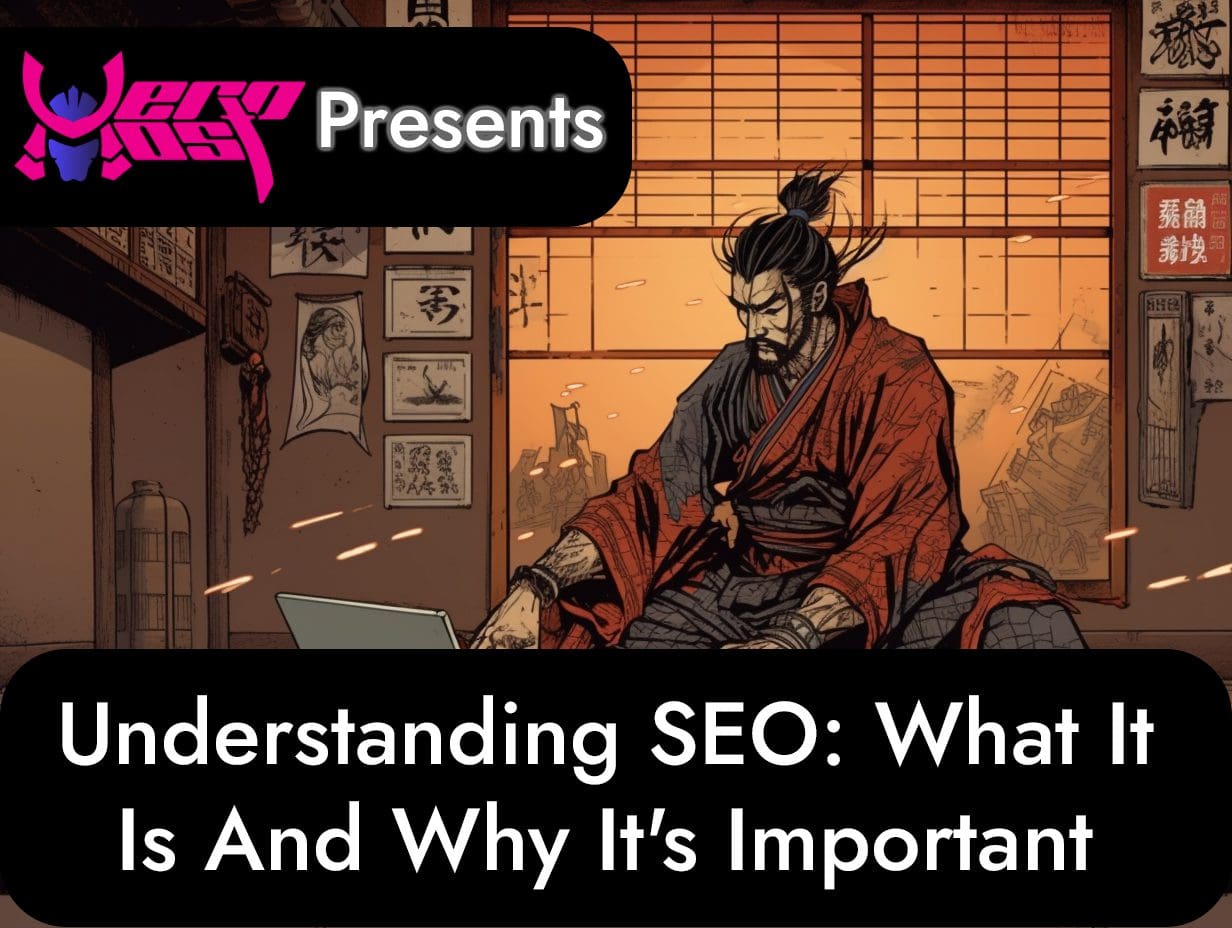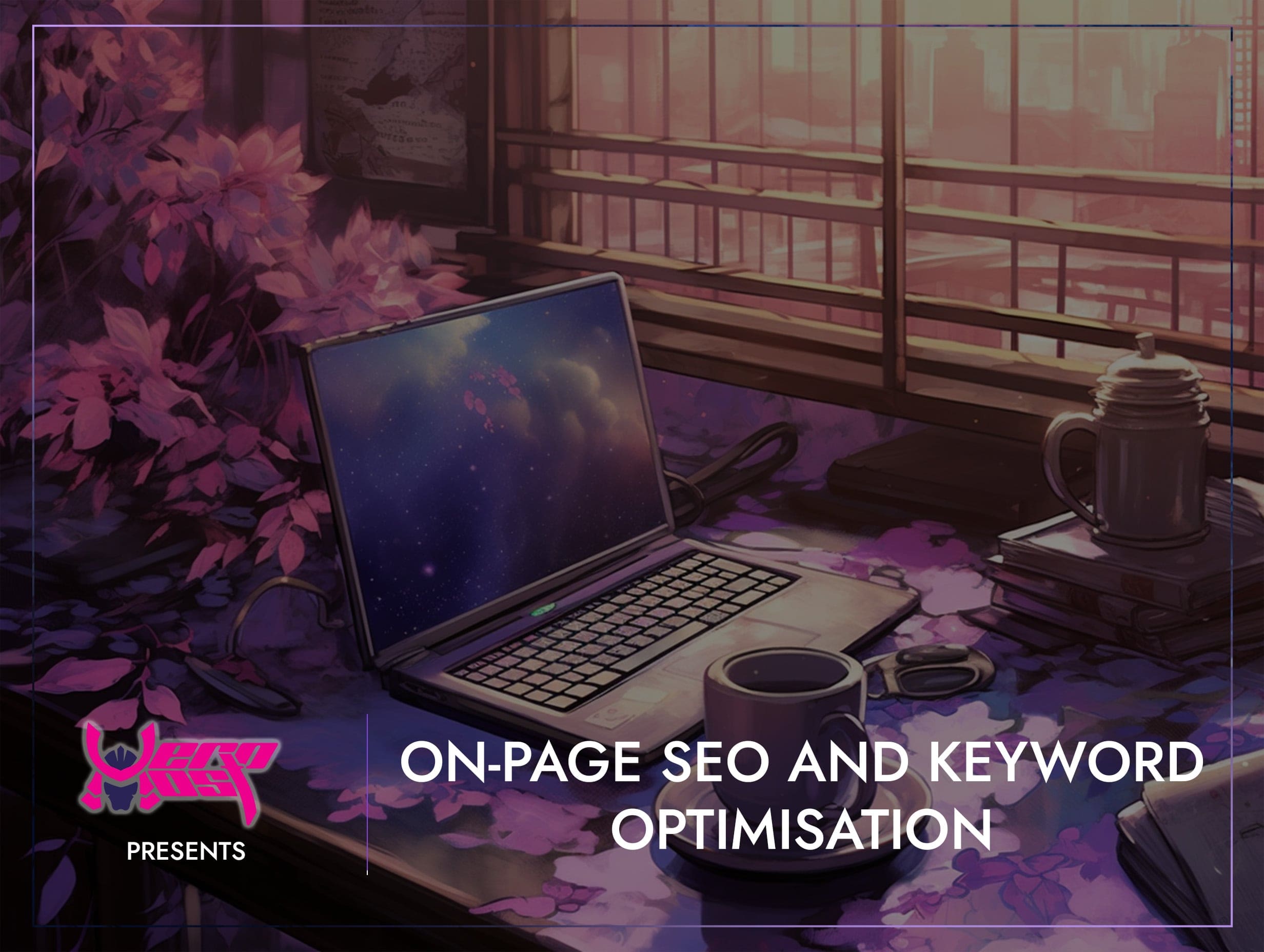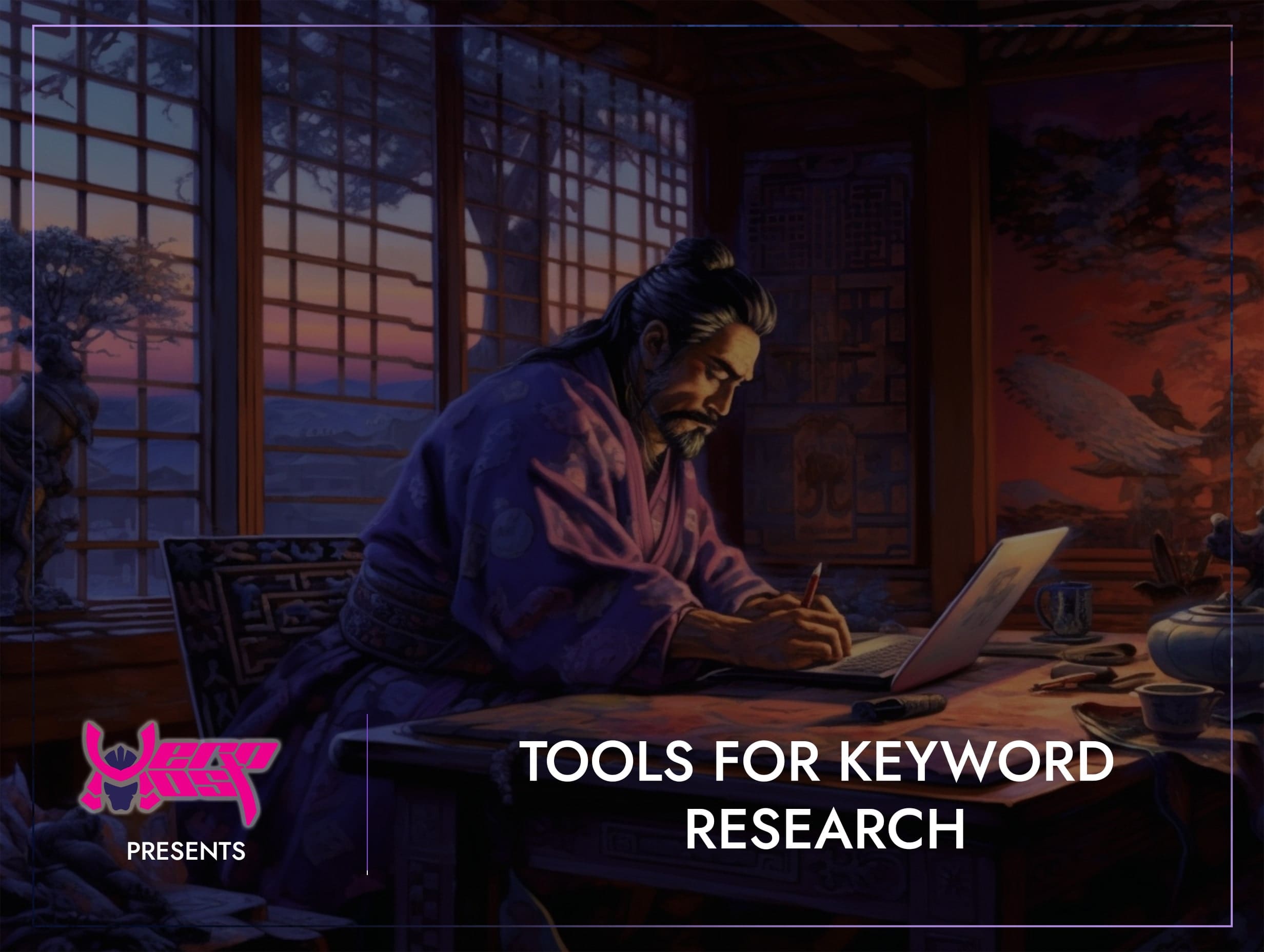Understanding SEO: What It Is And Why It’s Important
- Home
- Search Engine Optimisation (SEO)
- Understanding SEO: What It Is And Why It’s Important

- Mikey Ryu
- November 7, 2023
- 0
Understanding SEO: What It Is And Why It’s Important
What is SEO?
In the digital age, where nearly every business has an online presence, Search Engine Optimization (SEO) has become a buzzword. It’s not just a trendy acronym but a fundamental concept for anyone looking to succeed in the online world. In this blog, we’ll demystify SEO, explain what it is, and delve into why it’s crucial for businesses and individuals alike.
What is SEO?
SEO stands for Search Engine Optimization. At its core, it’s a set of practices and strategies aimed at improving a website’s visibility on search engines like Google, Bing, and Yahoo. The ultimate goal is to rank higher in search engine results pages (SERPs) for relevant queries. When a website is well-optimized for search engines, it’s more likely to appear on the first page of search results, where the majority of clicks happen.
SEO encompasses a wide range of techniques, including on-page and off-page optimization, keyword research, content creation, and technical improvements to make websites more search engine-friendly. It’s about fine-tuning a website to meet search engines’ criteria and delivering a better user experience, which, in turn, drives organic (unpaid) traffic to your site.
Why is SEO Important?
Visibility and Traffic:
The primary reason for investing in SEO is to improve the visibility of your website. When your site appears higher in search results, more people are likely to find and visit it. This translates into increased organic traffic, and as a result, more potential customers and opportunities.
Credibility and Trust:
Websites that rank well in search results are often perceived as more trustworthy and credible. Users tend to trust Google’s recommendations, so if your site ranks highly, it builds trust with your audience. This trust can be a significant advantage when trying to establish your brand or authority in your industry.
Improved User Experience:
Part of SEO involves optimizing the user experience on your website. This means creating a well-structured, user-friendly site with fast load times, easy navigation, and high-quality content. All of these improvements not only please search engines but also enhance the experience for your visitors.
Targeted Traffic:
SEO allows you to target specific keywords and phrases that are relevant to your business. This means you attract visitors who are already interested in your products or services, increasing the likelihood of conversions and sales.
Cost-Effective Marketing:
Compared to paid advertising, SEO is a cost-effective way to drive traffic to your website. While it requires an initial investment in time and effort, the long-term benefits far outweigh the costs. Once your website is well-optimized, it can continue to attract organic traffic without ongoing advertising expenses.
Competitive Advantage:
In today’s competitive online landscape, SEO can give you a significant advantage. By outperforming your competitors in search results, you can gain a larger share of the market and stand out in a crowded field.
Global Reach:
SEO can help you reach a global audience, making your website accessible to potential customers around the world. If you have international aspirations for your business, effective SEO can be a game-changer.
Data-Driven Insights:
SEO tools provide valuable data and insights about your website’s performance, user behaviour, and market trends. This data can inform your marketing strategies and help you make informed decisions to optimise your online presence further.
SEO Best Practices
To harness the power of SEO, it’s essential to follow some best practices:
Keyword Research:
Identify the keywords and phrases your target audience is using to find products or services similar to yours. Tools like Google Keyword Planner can help you find the right keywords to target.
On-Page Optimisation:
Optimise your website’s pages for your target keywords. This includes optimising meta titles and descriptions, headers, and the content itself.
Quality Content:
Create high-quality, relevant, and engaging content. The better your content, the more likely it is to rank well and attract backlinks from other authoritative websites.
Mobile Optimisation:
Ensure your website is mobile-friendly, as search engines prioritize mobile-friendly sites in their rankings.
Technical SEO:
Regularly check and improve the technical aspects of your website, such as page speed, site security (HTTPS), and XML sitemaps.
Backlinks:
Earn high-quality backlinks from reputable websites in your industry. These can significantly boost your website’s authority and rankings.
Local SEO:
If you have a physical presence, optimise your website for local search, which can help you attract local customers.
In conclusion, SEO is a critical component of success in the digital age. It not only boosts your website’s visibility and credibility but also improves the user experience and drives targeted traffic. By following best practices and staying up-to-date with the ever-evolving landscape of SEO, you can harness its power to achieve your online goals, whether you’re running a business or building a personal brand.
Search
Categorys
- Branding (12)
- Business Growth Guides (3)
- Business Insights (3)
- Content Marketing (43)
- Domain Authority (19)
- Email Marketing (28)
- Google Analytics & Search Console (5)
- Hack or Not (2)
- Hero Host News (0)
- Inbound Marketing (32)
- Lessons From Asia (40)
- Marketing Guides (11)
- Martial Arts Journey (14)
- Outbound Marketing (8)
- Search Engine Optimisation (SEO) (41)
- Social Media Marketing (38)
- Web Design (20)
- Website Hosting (4)
- Wordpress (2)






